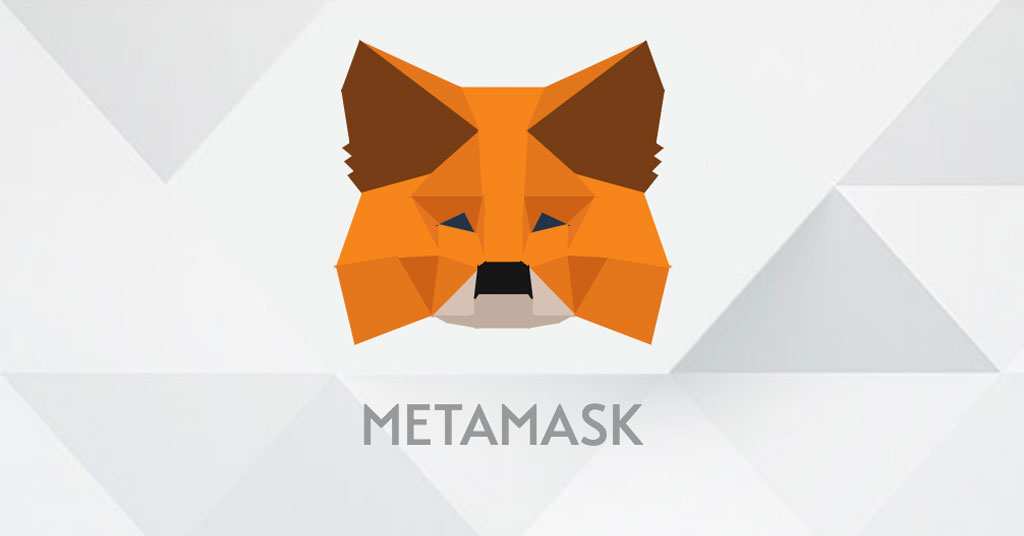Examining MetaMask: Is MetaMask Safe?
In the fast-paced world of digital finance, numerous tools have emerged to assist users in managing their cryptocurrency investments. MetaMask, an open-source, web-based wallet, is one such tool that has piqued the interest of many Ethereum enthusiasts.
Nevertheless, as with any Internet-based service, users often ask, “Is MetaMask Safe?”
Explore MetaMask’s safety features and tips to enhance your security while using the platform.
Also read: Can I Add Near to Metamask?

MetaMask is open-source software, a wallet, and a web plugin for managing Ethereum and ERC-20 tokens.
It’s a browser extension bridging web browsers and the Ethereum blockchain, enabling dApp interactions.
MetaMask, founded in 2016 by Aaron Davis and Dan Finlay, gained popularity among crypto enthusiasts by providing Ethereum blockchain interaction. Despite its widespread usage, questions about its safety persist.
The article reviews MetaMask’s security features and offers practical tips for secure use.

Understanding how MetaMask operates is crucial to grasping its security aspects. The JavaScript browser extension constructs itself and interacts with the Ethereum network using the web3.js library.
It employs the Ethereum JSON-RPC API for communication with Ethereum nodes. Here’s a closer look at its operation:
- Architecture: The developers built MetaMask as a JavaScript browser extension, and it communicates with the Ethereum network using the web3.js library. It uses the Ethereum JSON-RPC API to communicate with Ethereum nodes.
- Ethereum Network: MetaMask allows users to connect to different Ethereum networks, including the main Ethereum network, test networks such as Ropsten and Kovan, and private networks.
- Key Management: MetaMask uses a hierarchical deterministic (HD) wallet structure, which means a single seed phrase can generate multiple private keys. MetaMask encrypts and stores the seed phrase locally on the user’s device, ensuring it is never transmitted over the internet.
- Transaction Signing: When a user initiates a transaction, MetaMask prompts the user to confirm the transaction details. It then signs the transaction using the private key associated with the user’s account, sending the signed transaction to the Ethereum network via the selected node.
- Smart Contract Interactions: MetaMask provides a user-friendly interface for interacting with smart contracts on the Ethereum network. It lets users input the contract address and the function they want to call, generating the required transaction data to execute the function.
- Security: MetaMask implements various security measures to protect user funds. These include password protection, two-factor authentication (2FA), and the ability to view and manage connected dApps. It also integrates with hardware wallets like Ledger and Trezor for added security.
- Open Source: Being open-source software, MetaMask’s source code is publicly available for review and contributions from the community, fostering greater transparency and trust.

Despite ongoing debates about its security, MetaMask offers several benefits that contribute to its popularity among Ethereum enthusiasts:
- Open-Source Software: MetaMask’s open-source nature allows constant updates and improvements by the community. Its code is openly available online, allowing everyone to access it.
- User-Friendly Interface: MetaMask lays out its features, making it easy for beginners to conduct crypto transactions.
- Hierarchical Deterministic Settings: MetaMask enables users to back up their accounts with hierarchical deterministic settings, enhancing account safety.
- In-App Coin Purchasing: Users can buy Ether and ERC-20 tokens from Coinbase and ShapeShift since MetaMask directly links to these exchanges.
- Local Key Storage: Unlike many servers, MetaMask does not store keys on its server. Instead, it gives users full control over their keys by storing them in their browsers.
- Community: MetaMask is integral to the Ethereum community, boasting millions of users and followers worldwide.
- Customer Service: In addition to its community support, MetaMask offers a video introduction on its homepage, a comprehensive FAQ section, and a blog for guidance.
While using MetaMask brings numerous advantages, it’s crucial to be aware of the potential risks associated with it.
- Access to Private Information on the Browser: While MetaMask doesn’t access your information, the browser can collect data about your usage patterns, potentially deterring some users.
- Hot Wallet: As a hot wallet, MetaMask is connected to the internet, making it vulnerable to online threats like hacking, phishing, and theft.
- Limited Choice of Coins: MetaMask only supports Ethereum and ERC-20 tokens, limiting the variety of coins users can manage through the wallet.
An Evaluation of Its Security: Is Metamask Safe?
Despite the concerns, MetaMask has not been the victim of any major hacking incidents.
Backed by hierarchical deterministic settings and a large community of users and developers who regularly review and update its source code, MetaMask offers a robust security framework.
However, being a hot wallet connected to the internet, it is naturally vulnerable to online threats such as theft, hacking, and phishing attacks.
Therefore, while MetaMask incorporates numerous security measures, users need to exercise caution and adopt additional security practices, as discussed in the next section.
MetaMask improves safety, but users need extra precautions for wallet security.
- Backup Your Secret Recovery Phrase: Your MetaMask recovery phrase is the only way to restore your account. It’s crucial to keep this 12-word recovery phrase safe.
All information on MetaMask is encrypted in your browser and protected with a MetaMask password, making the recovery phrase the only means to restore your account if you lose access.
- Don’t Share Your Private Key: If anyone has access to your secret recovery phrase or your private key, they will have full access to your wallet. MetaMask never asks for these details, and never sharing them with anyone is recommended.
- Consider Using a Hardware Wallet: A hardware wallet is the most secure type of wallet. If you have a significant amount of Ethereum or ERC-20 tokens, you should consider using a hardware wallet instead of a software wallet.
Is MetaMask safe? The answer is a guarded yes.
MetaMask has strong security measures and community support. Users must be cautious for asset safety.
The security of MetaMask depends on usage and asset protection precautions.
Always remember that your security is primarily in your hands in digital finance.










